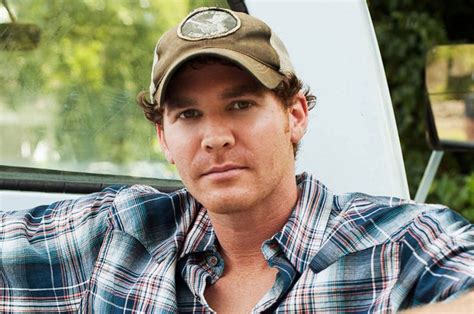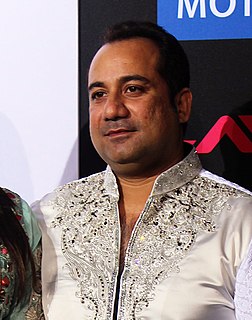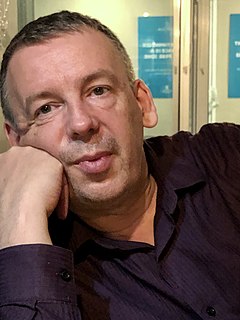A Quote by Eddie Murphy
I started out as an impressionist and that's all about observing - how people move, their voice quality, their attitudes and quirks.
Related Quotes
But I'm pretty lucky with my voice. When I first started touring I went to see a woman to give me some coaching on how not to lose my voice. And she was just saying really your voice is a muscle so if you're using it all the time you should actually come back from tour with a stronger voice than you left with. And that's really how I find it.
My first policy move would be to try to get a conversation going in the US about what people stand for and what we really want. Do we want to keep adding people to the world and to our country until we move to a battery-chicken kind of existence and then collapse? Or do we want to think hard about what really is valuable to us, and figure out how many people we can supply that to sustainably?

































